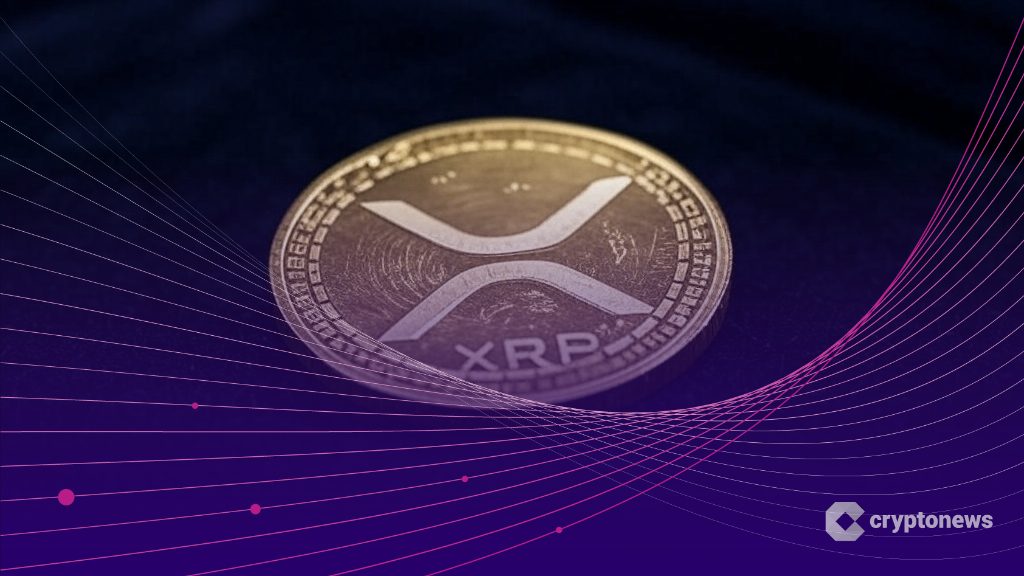U.S. District Judge Analisa Torres has deemed the joint request from the U.S. Securities and Exchange Commission (SEC) and Ripple for settlement approval as “procedurally improper,” thus prolonging the ongoing legal confrontation between the two entities.
This ruling was made public in a filing dated May 15, addressed to the Southern District of New York.
Judge Torres’ Ruling on Settlement Request
The judge’s decision follows shortly after Ripple and the SEC submitted a proposed settlement aimed at resolving the SEC’s civil enforcement action against the cryptocurrency company.
“By styling their motion as one for ‘settlement approval,’ the parties fail to address the heavy burden they must overcome to vacate the injunction and significantly reduce the Civil Penalty,” Torres stated.
On May 8, in a statement released on the SEC’s website, both parties indicated that they would seek a limited remand to the district court, intending to dismiss their respective appeals against the final judgment in the event that Judge Torres rejected their settlement request.
Earlier in March 2025, Ripple and the SEC had reached a settlement, where Ripple was to pay $50 million of an imposed fine, with an additional $75 million returned to the company.
#XRPCommunity #SECGov v. #Ripple #XRP Judge Torres has denied the parties’ motion for an indicative ruling. “If jurisdiction were restored to this Court, the Court would deny the parties’ motion as procedurally improper.” pic.twitter.com/4s95ILvzsy
— James K. Filan (@FilanLaw) May 15, 2025
In parallel, Ripple continues to broaden its reach, particularly in the Middle East region.
On Monday, the company announced collaborations with Zand Bank and fintech firm Mamo to integrate Ripple Payments, its blockchain-based cross-border payments solution.
Furthermore, Wellgistics, a pharmaceutical distribution company, recently unveiled plans to incorporate XRP into its payment and treasury operations, making it one of the first publicly listed companies to do so.
The Florida-based firm aims to utilize XRP’s blockchain technology to enhance transaction speeds and reduce settlement costs for pharmacies, suppliers, and manufacturers.
SEC Adapting Its Approach to Cryptocurrency
The court’s rejection comes as the SEC, under President Donald Trump’s administration, appears to be shifting towards a more crypto-friendly regulatory environment for digital assets.
Trump, who prominently supported cryptocurrency during his campaign, appointed former SEC Commissioner Paul Atkins to lead the agency. Atkins is anticipated to adopt a more lenient stance toward blockchain regulation compared to his predecessor, Gary Gensler, who was characterized by a rigorous enforcement-driven regulatory strategy.
Recently, the SEC has withdrawn lawsuits against Coinbase and Cumberland DRW, and it closed a separate investigation into Uniswap Labs in February with no enforcement measures taken. Additionally, the agency concluded its inquiry into CyberKongz, a notable Ethereum-based NFT and gaming initiative, without any resultant enforcement action, as disclosed by the team on Tuesday.
In a further recent development, the SEC announced it would not pursue any legal action against Richard Schueler, commonly known as Richard Heart, the founder of Hex, PulseChain, and PulseX.
The developments signify a turbulent phase in the regulation of the cryptocurrency landscape.


























